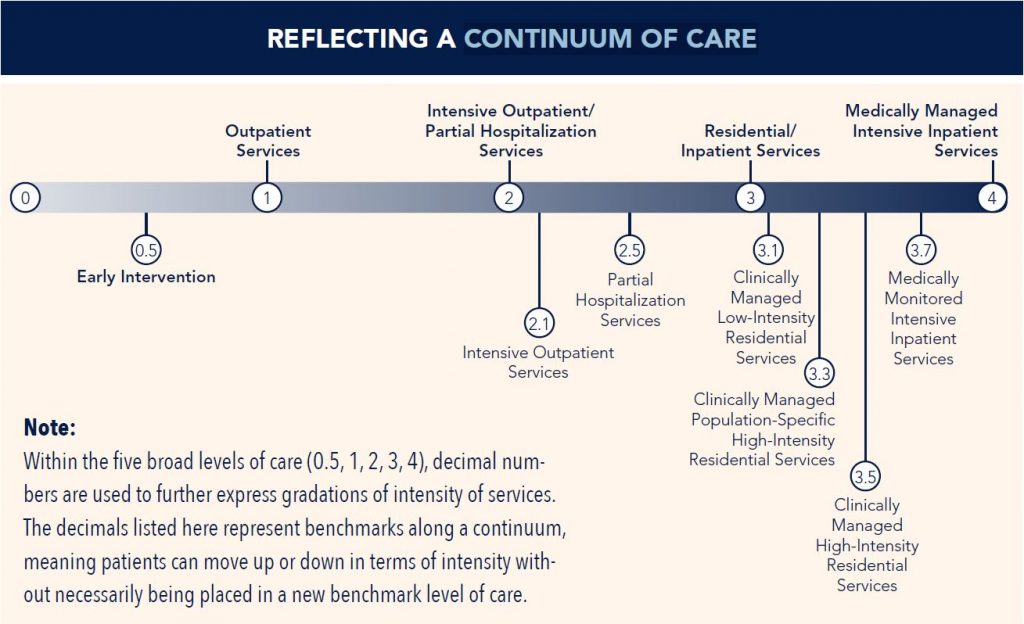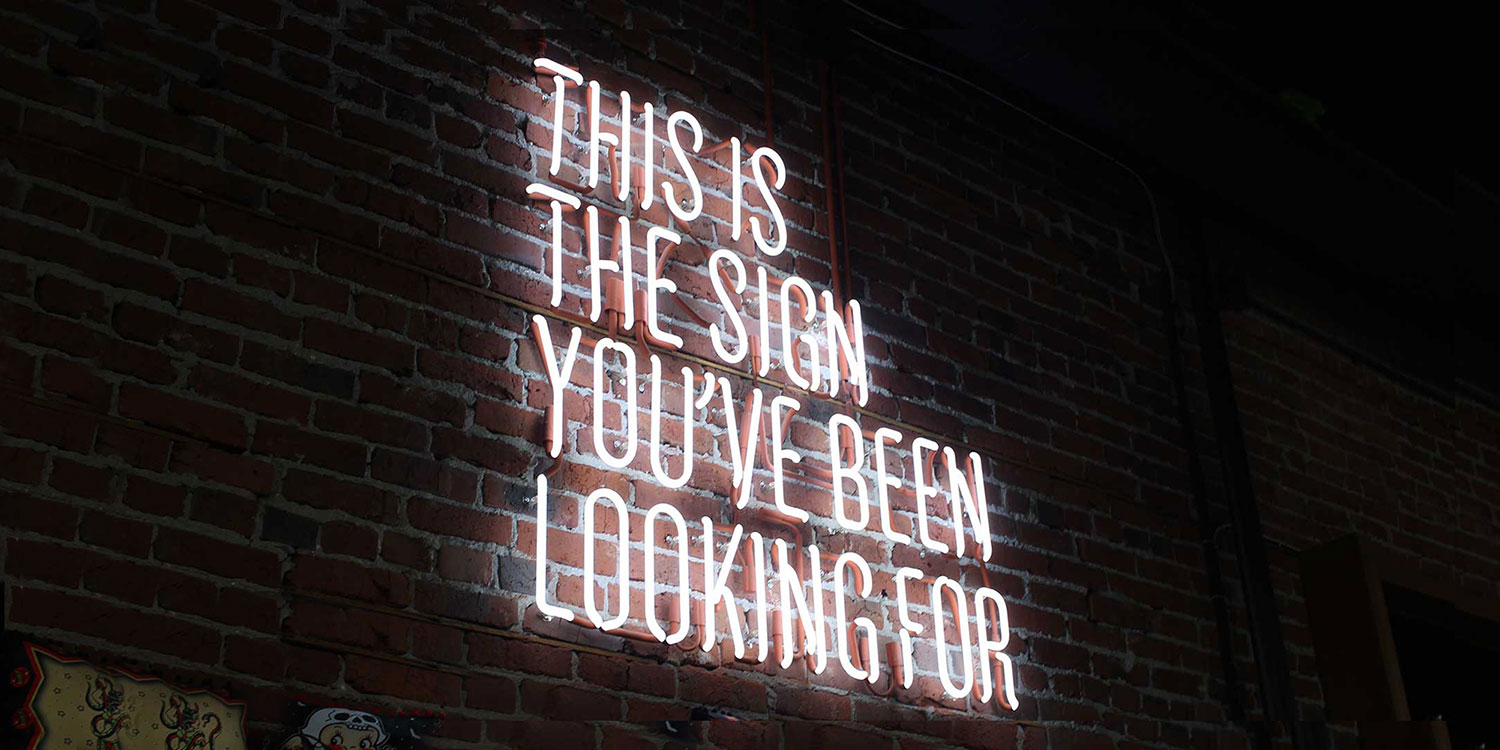Knowing what to look for when choosing addiction treatment — whether it is for you or your loved one — can feel overwhelming. There is a lot of information to digest and it can be confusing to know how to pick the right approach.
If you’re not sure what to look for when choosing addiction treatment, you’re not alone. Common questions people ask when seeking treatment are:
- Do I need to attend as an inpatient or outpatient?
- Is there anything that can be achieved while staying at home and receiving treatment remotely?
- What is evidence-based treatment?
There is also a question of trust when there are unethical practices within the treatment industry, such as patient brokering — the practice of brokers luring people with substance use disorders into treatment centers using incentives — and misleading marketing.
What is key in picking treatment is assessing the appropriate level of help, verifying that the center you’re looking at is legitimate and accredited, and finding the right treatment approach for you or your loved one.
Different pathways of recovery
The Recovery Research Institute has helpfully outlined three main types of recovery pathways:
- Clinical pathways — professional intervention for those with more acute substance use disorder.
- Non-clinical pathways — for people who have less acute substance use disorder or those who cannot afford clinical treatment. Some examples are AA, SMART Recovery, LifeRing, Recovery Dharma, and holistic therapies.
- Self-managed pathways (also known as natural recovery) — for people who don’t seek formal help and are able to resolve their issues on their own.
Determining the right pathway largely depends on the severity of the addiction and the level of intervention required.
How to pick the right type of addiction treatment
There are four main categories of professional addiction treatment: clinical treatments, behavioral therapies, medication-assisted treatment, and holistic therapies. Each type of treatment varies in the range and levels of addiction care.
The most intensive type of intervention is clinical substance use disorder treatment. The American Society of Addiction Medicine has identified a universal standard used by insurance companies to categorize and determine coverage. They cover four key levels of clinical addiction treatment options that increase in intensity from level one through to level four.
Level 1: Outpatient services, requiring daily or weekly attendance at a clinic or facility for approximately 9 hours a week, allowing the patient to return home each day. Each program varies in length and attendance requirements depending upon the needs of the person attending. Some programs can be for up to 20 hours of treatment and some last for up to 12 months. A person’s commitments, such as family obligations, also play a role in choosing this option.
Level 2: Intensive outpatient and partial hospitalization, requiring daily to weekly attendance at a clinic or facility for approximately 9 to 20 hours per week. The patient can return home or to another living environment outside of treatment hours.
Level 3: Clinically managed low- to high-intensity residential services, providing 24-hour support and structure from trained professionals and clinicians. It can also provide stabilization.
Level 4: Medically managed inpatient treatment, providing 24-hour medical care with daily counseling, for people suffering with severe instability and imminent danger. This can include medical detox from substances (alcohol and/or drugs).

What is crucial in picking the right treatment is a multidisciplinary approach that addresses all facets of substance use disorder. These include a licensed counselor, psychologist, and or psychiatrist specializing in substance use disorders, a nutritionist and wellness specialist, nurses, and medical doctors.
Evidence-based treatments
The National Institute on Drug Abuse has carefully outlined evidence-based approaches to addiction treatment that include medication-assisted treatment (also called pharmacotherapy), as well as behavioral therapies.
Medication-assisted treatment
Pharmacotherapy is an approved pathway of recovery for the treatment of substance use disorder and alcohol use disorders. Medications like buprenorphine, methadone, naloxone, naltrexone, and acamprosate are used to help reduce symptoms of withdrawal, block the effects of substances, reduce cravings, prevent return to use, and reverse the effects of an opioid overdose.
For additional information about how these medications work, visit the National Institute on Drug Abuse page on pharmacotherapies for each type of use disorder (alcohol, opioids).
Behavioral therapies
There is a range of talk therapies and behavioral interventions available from licensed counselors, therapists, and clinicians who have experience in treating substance use disorder, including:
- Motivational interviewing
- Acceptance and commitment therapy
- Cognitive behavioral therapy
- Family therapy
- Behavioral couples therapy
- Contingency management
- Community reinforcement approach
Holistic therapies
Holistic therapies can be used as a pathway of recovery for mild cases of a substance use disorder, or to complement clinical treatments. These therapies include acupuncture, massage, aromatherapy, yoga, reflexology, hypnosis, meditation, reiki, equine therapy, canine therapy, wilderness therapy, art therapy, music therapy, drama therapy, and dance and movement therapies.
Mutual-aid recovery
Like holistic therapies, mutual-aid recovery is often used to support professional treatment. It is also used as a pathway of recovery on its own for those who cannot afford or do not want to attend formal treatment. Mutual-aid meetings are a great way to find community and support, which has been shown to affect long-term recovery. There are various free meetings to choose from, and each vary in format and program of recovery, including Alcoholics Anonymous, Narcotics Anonymous, LifeRing Secular Recovery, Refuge Recovery, Recovery Dharma, SMART Recovery, SHE RECOVERS, The Phoenix, Wellbriety, Women for Sobriety, JACS (Jewish), Millati Islami, Celebrate Recovery, SOS, and Moderation Management.
Tips for choosing the right addiction treatment option for you or a loved one
As a guide, consider these crucial elements to choosing the right option:
- Determine recovery goals: What do you or your loved one want to recover from?
- Be assessed by a treatment professional to determine the right level of care.
- Select a treatment option. Once the level of care is determined, find a treatment center that can help you or your loved one achieve those goals, address individual needs, and balance your commitments.
- Do your research. Check that the treatment facility is legitimate. Look at their customer reviews and ensure that they are fully licensed. Most reputable centers are accredited by independent, nonprofit bodies that assess quality, value, and performance standards; these include The Joint Commission and The Commission on Accreditation of Rehabilitation Facilities. You will also want to check that the facility is licensed in your state. Additionally, verify that the organization has been certified by LegitScript — this is a requirement from Google if an organization wants to advertise their services online.
- Check the professional credentials of the clinicians. A therapist or counselor is required to have undergone specific training for professional practice. Professionals should be certified as a Licensed Alcohol and Drug Counselor (LADC), or a Licensed Professional Counselor (LPC), a Certified Co-occurring Disorders Counselor (CCDP), or a Certified Addictions Counselor (CAC). More experienced clinicians will hold a master’s in counseling or social work, which carry their own license.








